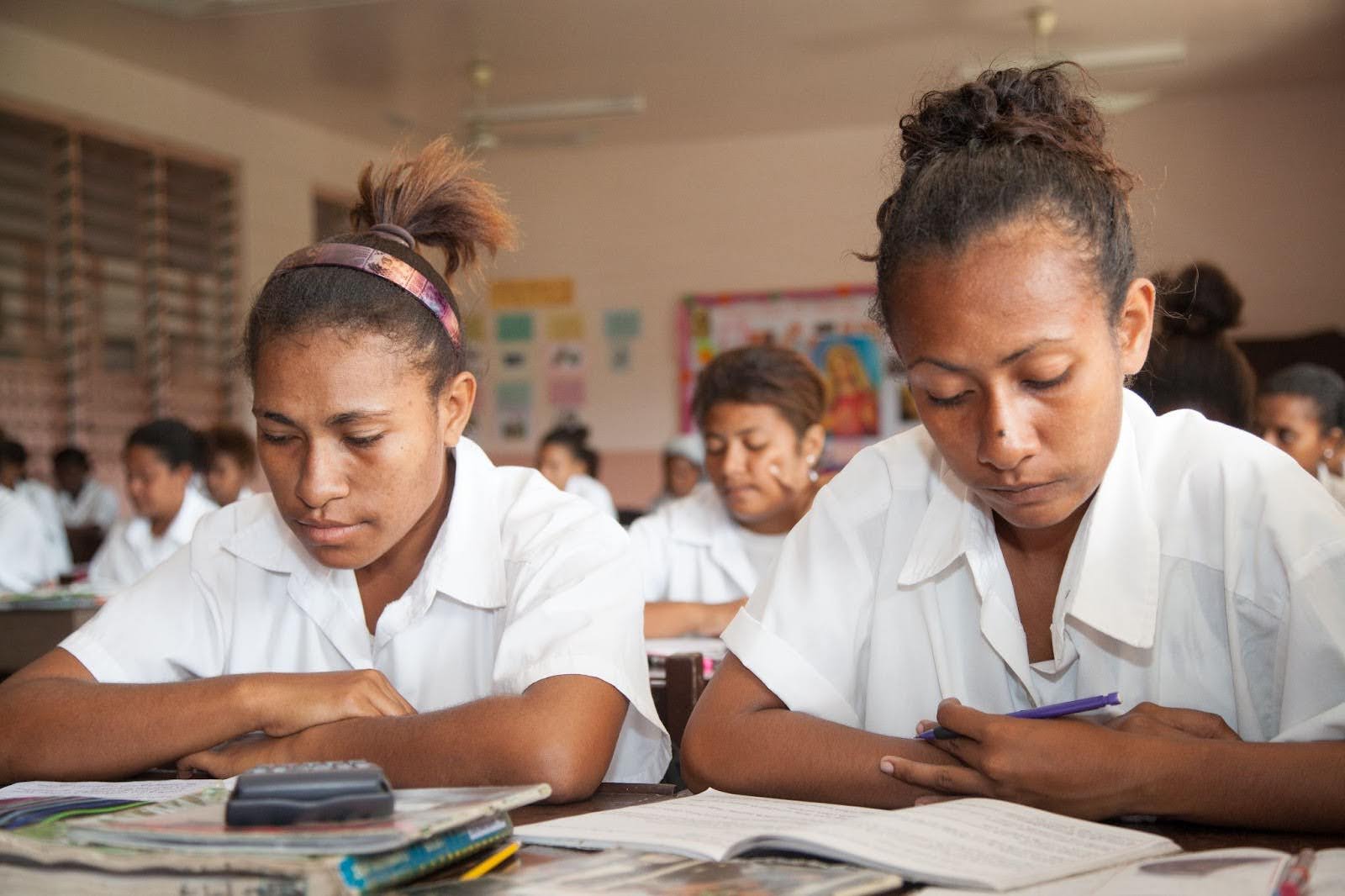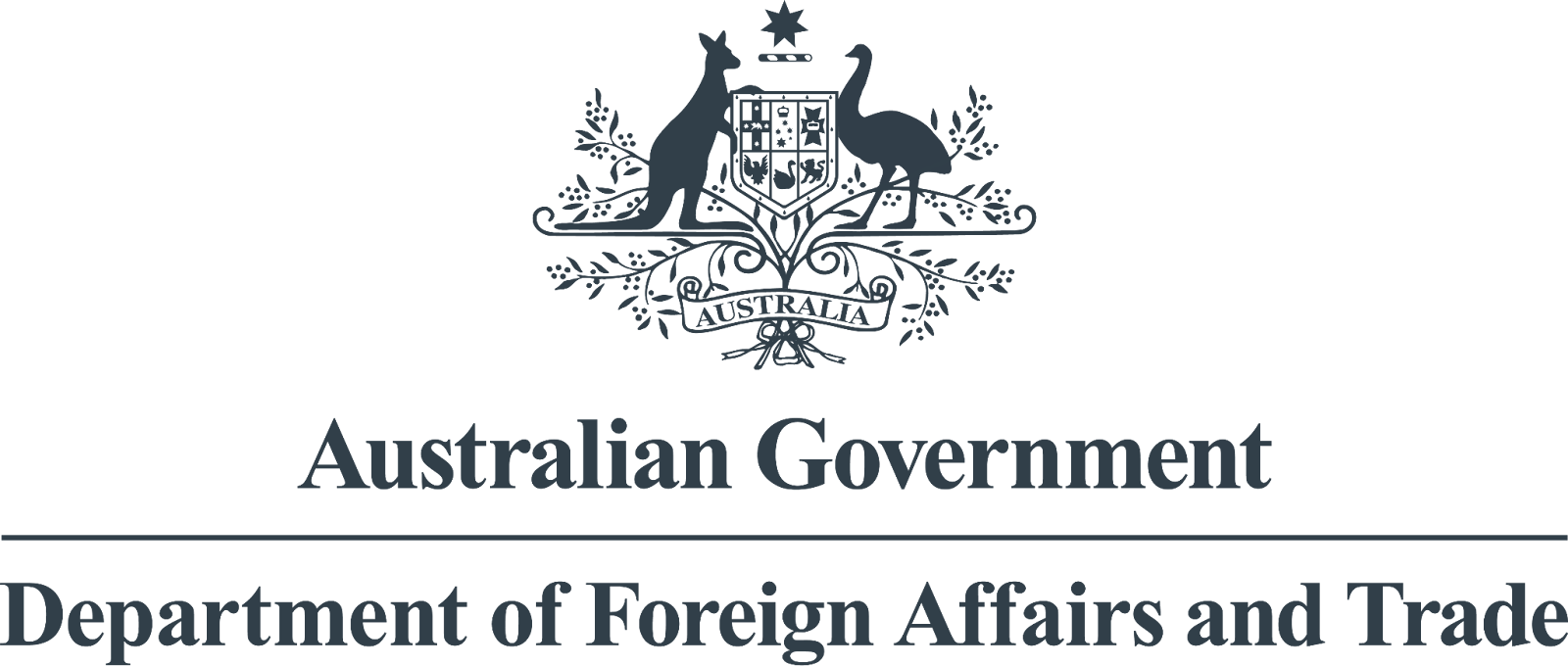The potential impacts of the COVID-19 pandemic on girls’ education and wellbeing are numerous and diverse. Most directly, many schools in South and Southeast Asia and the Pacific closed for extended periods, and large numbers of children were unable to access distance learning opportunities. Pre-existing gender inequalities and discriminatory gender norms are likely to mean that girls and female adolescents are disproportionately affected, threatening to undermine gains made in relation to girls’ education and wellbeing over the past decade.
The Australian Department of Foreign Affairs and Trade (DFAT) contracted Kore Global as a research partner to produce a series of products on the gendered impacts of the COVID-19 pandemic on girls’ education across the Indo-Pacific. A short summary of each research product is presented below.
Two regional Rapid Evidence Reviews (RERs) systematically documented, synthesized and analyzed the evidence about the gendered impacts of COVID-19 and education disruptions on girls’ learning and well-being in the Indo-Pacific. The reviews focus on two regions: South and Southeast Asia, and Pacific Island Countries, and present evidence on:
- the impact of COVID-19 on girls’ education, in particular access and participation, learning outcomes, teaching or curricula, and parental support or involvement;
- the impact of COVID-19 on girls’ wellbeing, focusing primarily on impacts on physical and mental health, sexual and reproductive health, protection from gender-based violence, livelihoods and unpaid care; and
- the effectiveness of government or development partner responses to the impact of the COVID-19 pandemic on girls’ education and wellbeing.
Building on the two rapid evidence reviews (RERs) of the impact of the COVID-19 pandemic on girls’ education and wellbeing in SSEA and PICs, the case study on “The need for sex-disaggregated data” examines the extent to which sex-disaggregated data on the impact of the pandemic is available, the limitations when it is not, and the value added when it is.
Synthesizing the most recent available sex-disaggregated data for 20 countries, “Gender equitable education in SSEA and PICs: Comparing girls’ and boys’ pre- and post-COVID 19 educational outcomes” explores gender equality in education in the regions of South and Southeast Asia (SSEA) and Pacific Island Countries (PICs) before and after the COVID-19 pandemic. The case study explores progress towards the Sustainable Development Goals (SDGs), and in particular SDG4: access to quality and equitable education and lifelong learning for all.
The COVID-19 pandemic has heightened many of the factors that either underpin or exacerbate violence against girls, including school-related gender-based violence. The case study on “GBV, Girls’ Education and COVID-19” explores the evidence around the increases in GBV, the impact on girls’ education, and development partners’ responses.
Even before the pandemic, many children in Papua New Guinea were not achieving a full cycle of education. The case study on Papua New Guinea explores the evidence around the impacts of the COVID-19 pandemic on girls’ education and wellbeing.
These research products seek to inform current and long-term public policy responses to the COVID-19 pandemic by assessing the availability and quality of evidence on the impacts on girls’ education and wellbeing in the Indo-Pacific. They are intended to be highly practical, drawing robust conclusions and evidence-based actionable recommendations to support education access, meaningful participation and demonstrated learning for girls and adolescents in the regions of focus.


